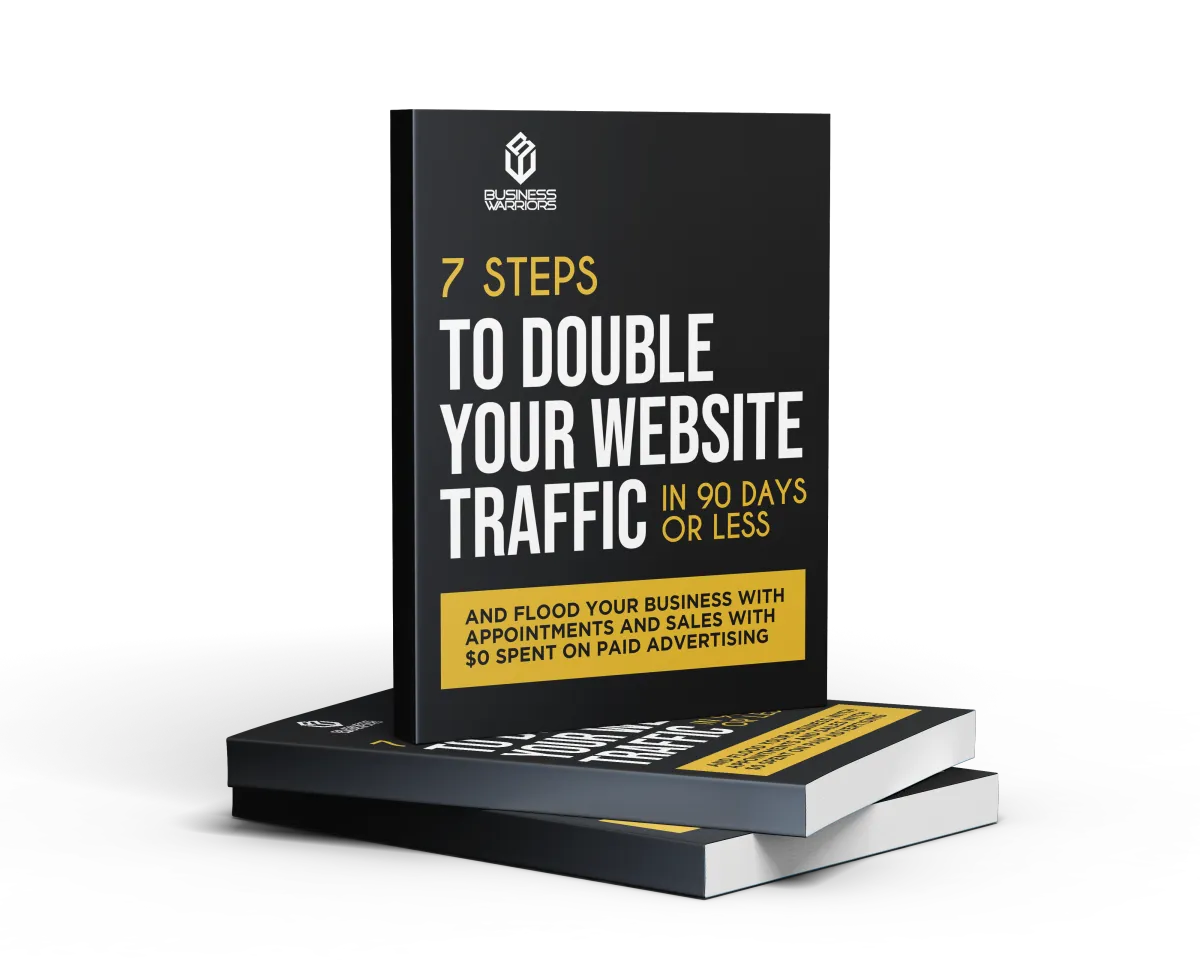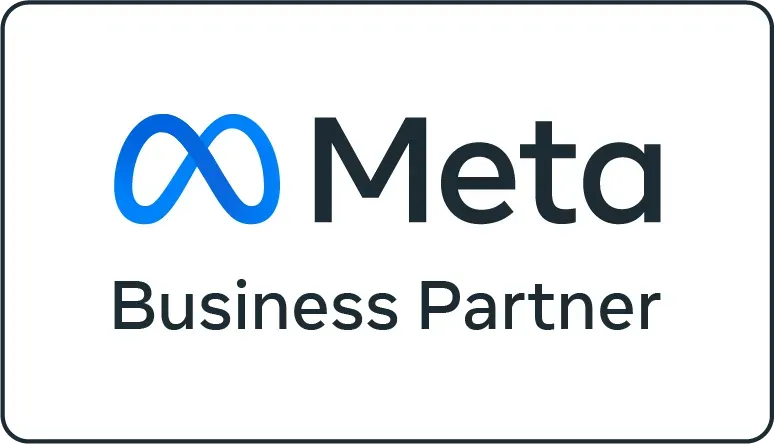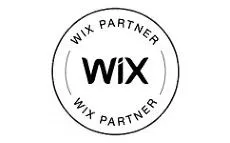Blog

Content Marketing Agency: Boosting Your Brand's Success
Introduction
In this digital age, where attention is a scarce resource, businesses must find innovative ways to capture their target audience. Content marketing has emerged as a powerful strategy to engage, educate, and convert customers. However, implementing an effective content marketing strategy requires expertise and resources. That's where a content marketing agency comes into play.
Understanding Content Marketing
Content marketing involves creating and distributing valuable, relevant, and consistent content to attract and retain a clearly defined audience. It goes beyond traditional advertising, focusing on building trust and establishing long-term relationships with customers. By providing valuable information, businesses can position themselves as industry leaders and nurture customer loyalty.
The Role of a Content Marketing Agency

A content marketing agency specialises in developing and executing content strategies that align with a brand's goals and target audience. They have a team of experts well-versed in various content formats, such as blog posts, videos, infographics, and social media campaigns. Their role is to create compelling content that resonates with the target audience, ultimately driving brand awareness and conversions.
Benefits of Hiring a Content Marketing Agency
Access to Expertise: Content marketing agencies have professionals with in-depth knowledge and experience in creating effective content strategies.
Time and Cost Savings: Outsourcing content marketing efforts to an agency saves time and resources compared to hiring and training an in-house team.
Fresh Perspective: Agencies bring a fresh perspective and creative ideas to the table, ensuring your content stands out in a saturated market.
Scalability: Content marketing agencies can scale their efforts based on your business's needs, accommodating growth and expansion.
Measurable Results: Agencies track and analyse content performance, providing valuable insights to refine and optimise future strategies.
Crafting an Effective Content Strategy
A well-defined content strategy sets the foundation for success. It involves:
Defining Target Audience: Understanding who you're creating content for helps tailor messages and deliver value.
Establishing Goals: Clearly defining your objectives ensures your content aligns with your business's overall strategy.
Conducting Keyword Research: Identifying relevant keywords helps optimise content for search engines and increases visibility.
Planning Content Calendar: Creating a schedule for content creation and distribution keeps your efforts organised and consistent.
Creating Engaging and Relevant Content
To capture your audience's attention and keep them engaged:
Tell Compelling Stories: Use narratives that resonate with your target audience, evoking emotions and creating a connection.
Visual Appeal: Incorporate eye-catching visuals, such as images, videos, and infographics, to enhance your content's impact.
Interactive Elements: Encourage user participation through quizzes, polls, surveys, and interactive tools to increase engagement.
Personalisation: Tailor content to individual preferences, delivering personalised experiences that resonate with your audience.
Optimising Content for SEO

To ensure your content ranks well in search engine results:
Conduct On-Page SEO: Optimise meta tags, headings, and URLs using relevant keywords to increase organic visibility.
Build High-Quality Backlinks: Earn authoritative links from reputable websites to enhance your content's credibility and visibility.
Mobile-Friendly Optimisation: Ensure your content is accessible and user-friendly across various devices, improving the user experience.
Distributing and Promoting Your Content
Effective content distribution is key to reaching your target audience:
Social Media Marketing: Leverage popular social platforms to share and promote your content, reaching a wider audience.
Email Marketing: Utilise email newsletters and targeted campaigns to distribute your content directly to subscribers.
Influencer Partnerships: Collaborate with influencers or industry experts to amplify your content's reach and credibility.
Guest Blogging: Contribute valuable content to other relevant websites, expanding your brand's visibility and building authority.
Measuring and Analysing Results
Regularly monitor and analyse your content's performance:
Key Metrics: Track metrics like website traffic, engagement rates, conversion rates, and social media interactions.
Analyse User Behavior: Understand how users interact with your content, identifying opportunities for improvement.
A/B Testing: Experiment with different content formats, headlines, and calls-to-action to optimise your strategy.
Case Studies: Success Stories
Explore real-world examples of businesses that achieved success through content marketing strategies. Learn from their approaches, tactics, and outcomes to inspire your own content marketing endeavors.
Collaborating with a Content Marketing Agency
Effective collaboration with a content marketing agency involves:
Clear Communication: Clearly communicate your brand's values, goals, and expectations to align with the agency's efforts.
Feedback and Iteration: Provide feedback on content drafts and collaborate with the agency to refine and enhance your content.
Regular Reporting: Establish a reporting schedule to review performance metrics and discuss future content strategies.
Common Challenges in Content Marketing
Content marketing comes with its own set of challenges:
Consistency: Maintaining a consistent content publishing schedule can be demanding, but it is crucial for success.
Generating Unique Ideas: Coming up with fresh and innovative content ideas requires creativity and continuous brainstorming.
Keeping Up with Trends: Stay updated with industry trends and adapt your content strategy to meet evolving audience preferences.
Future Trends in Content Marketing
The content marketing landscape is constantly evolving. Keep an eye on emerging trends such as:
Interactive and Immersive Content
Artificial Intelligence and Machine Learning Integration
User-Generated Content and Influencer Marketing
Voice Search Optimisation
Personalised and Hyper-Targeted Content
Conclusion
A content marketing agency can be a valuable asset in driving your brand's success. By crafting engaging and relevant content, optimizing for search engines, and effectively distributing your content, you can attract, engage, and convert your target audience. Embrace the power of content marketing and collaborate with a reputable agency to unlock new growth opportunities for your business.
WHAT WOULD YOUR RETURN ON INVESTMENT LOOK LIKE USING OUR DIGITAL MARKETING VORTEX METHOD TO YOUR BUSINESS?
GET THE DIGITAL MARKETING AGENCY SECRETS: 7 STEPS TO DOUBLE YOUR WEBSITE TRAFFIC IN 90 DAYS OR LESS








